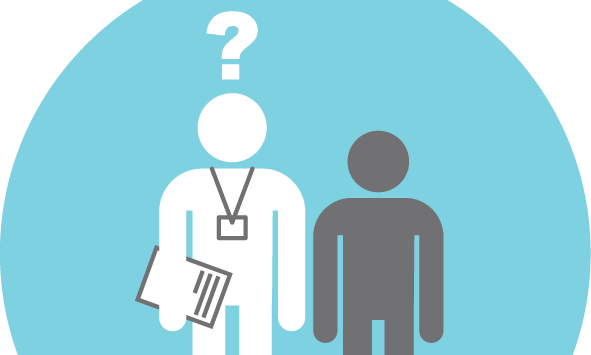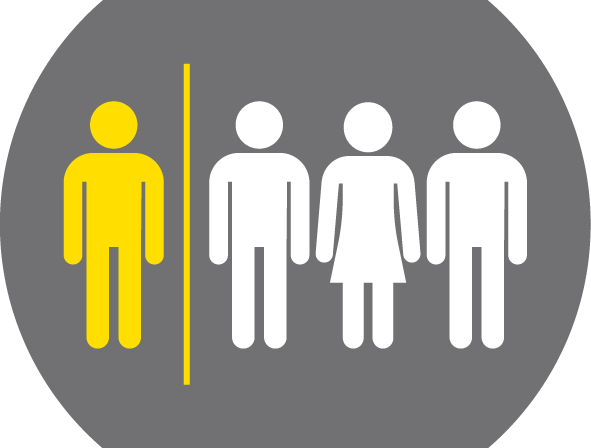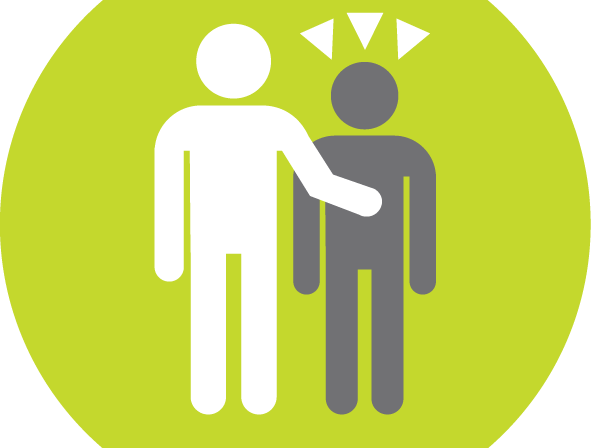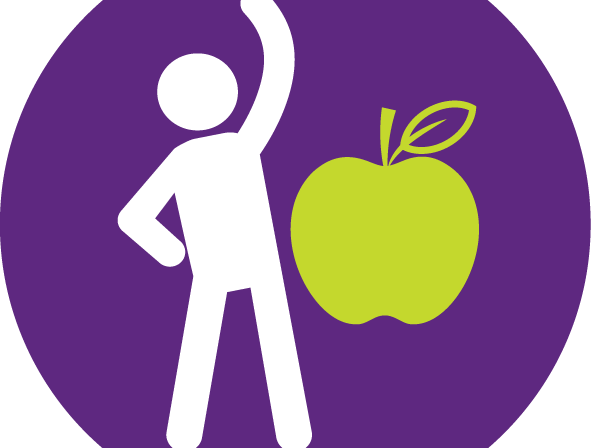The Children in Care council reviewed the council’s Bright Spots findings and picked areas they wanted Bromley to work on – one of the areas they highlighted was making sure all children had positive relationships in their lives where adults noticed how they were doing and feeling.
Why?
Bromley’s Bright Spots survey findings identified that 93% of their children and young people aged 4-18yrs felt that the adults they lived with noticed how they were feeling – just a small number reported that their carers ‘hardly ever’ or ‘never’ noticed. However, the children in care council felt it was important to ensure that all children had adults who noticed how they were feeling.
What?
LINCC (Bromley’s children in care council) started by discussing why this issue was important. They thought that if adults did not notice then it “can give negative energy between the two people so you will not be able to trust or talk to them” and may lead to children feeling “unwanted or worthless”.
LINCC co-hosted a large event to discuss the Bright Spots findings and bring people together to work on ways to improve the service. Over 60 people attended. There was a mixed audience including the Director of Children’s Services, councillors, service leads and 10 young people from LINCC. There were 2 young people per table and they chaired the discussion.
Some of the ideas included:
- Train foster carers/social workers on how they can understand when a child living with them is happy or sad.
- Encourage workers to go out with their young people.
One of the top 5 areas LINCC continue to work on is ‘to promote and support the building of trusting relationships’. The group have prepared a “speed dating” style event with social workers – they have over 40 people registered to attend and because of Covid-19 it will be held virtually. During lockdown workers have been creative in the ways they could spend time with young people; riding bikes or going for walks.
Impact
Bromley have committed to doing the Bright spots surveys again in 2020-2021 (two years after the original survey) to check whether there have been improvements in how children are feeling especially in relation to the areas that were highlighted by young people as priorities for action.





